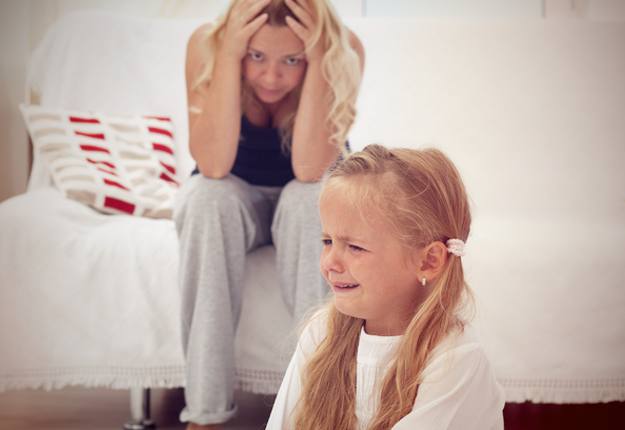When it comes to helping our children learn to read, write and count, we expect it to be a gradual process.
We know it takes time, instruction, lots of practice, trial and error and feedback for children to learn and grow and develop these skills. They learn academic skills at school, sometimes outside school with tutoring and at home with homework.
When it comes to helping our kids manage their emotions, how much time, instruction, practice, trial and error and feedback do we offer our children to learn about what emotions are; and most importantly how to manage them? Do they learn it at school? Do we send them for tuition like we do for maths? Do we help them at home? If not, where can our kids get the knowledge and skills they need to successfully navigate their emotions?
Teaching emotional intelligence is more then just helping kids to calm down when they are angry or comforting them when they are sad.
“How much time do you spend teaching your kids about managing their emotions as opposed to managing their emotions for them?”
Here is a short video on helping kids manage their emotions which was part of a presentation I gave at the University of Sydney about helping kids develop life skills.
When I was growing up I received no instruction at all about how to manage my many emotions. Sure I got a cuddle to comfort me if I was sad, and was told to calm down if I was angry, but no-one really explained or helped me with the:
- Anger and injustice I felt my parents said “No you can’t go to the party” and everyone else would be there.
- Loss and grief I felt when my grandfather died.
- Jealousy I felt when my younger siblings were allowed to do so many things I wasn’t allowed to do at their age.
- Remorse I felt when I did the wrong thing and my parents were disappointed in me.
It wasn’t anyone’s fault, my parents had no instruction on how to manage their emotions so how could they help me? I know they did their best, but as they didn’t have emotional intelligence, that meant, unfortunately, I couldn’t rely on them as good role models for my emotional development.
My memories of growing up are that my dad was quick to anger and would yell at us. My mum was completely different. She managed her anger by withdrawing and not speaking. We had two completely different role models and I didn’t like my dad losing his temper and I didn’t like my mum withdrawing.
Emotional intelligence is learned, through instruction and practice just like reading, writing and counting.
So when I became a mum, I was determined to find out from someone who knew how to help kids understand and manage their emotions in a healthy way, so I could help our son Cameron manage his emotions.
I found Dr Joe Dispenza’s work really practical and effective. I’ve used and continue to draw on his ideas in our home and they work really well.
Dr Joe explains how we can help our children develop emotional intelligence by helping them to name their emotions, understand how they feel in their body, to practice ‘flexibility’ with their emotions and to manage them effectively with fun exercises that children can start learning from a really young age.
For example, with his own three children, Dr Joe would take the time to help his children use their imagination to arouse different emotions – all kinds – from joy to anger to show his kids how, by thoughts and imagination alone, they can switch from one emotional state to another. Practising this allowed his children to become very familiar with their emotions and very flexible.
Emotional flexibility is important as it gives kids a pathway out of anger or jealously to joy and happiness by working with their breath and remembering a really joyful experience.
If you’d like to know more about the different exercises you can try, see the book Inspired Children: how the leading minds of today raise their kids. It’s available in ebook or print. In this book parents get the latest information about raising emotionally, physically and psychologically healthy kids from pre-conception to teen years, written by experts from around the globe. The key for me is that it’s not just a “theory” or “how to” book, the experts talk about how they used their knowledge to raise their own kids. It’s very practical with loads of ideas.
“Learning how to manage my emotions means I can be a good role model for our son”
I have to say, my aim in researching emotional intelligence was to help me be a better mother to Cameron, but what I’ve learned from Dr Joe’s work has really helped me to take responsibility for, and to manage my own emotions! This way I am more emotionally intelligent and I can help Cameron learn the skills too. Win/Win and of course more peace in our home!





















6:01 pm
-

-
-
-
dr rosina mcalpine replied
- 06 Jun 2014 , 8:36 am
Reply1:38 pm
-

-
-
-
dr rosina mcalpine replied
- 06 Jun 2014 , 8:28 am
Reply- «
- 1
- 2
Post a commentTo post a review/comment please join us or login so we can allocate your points.